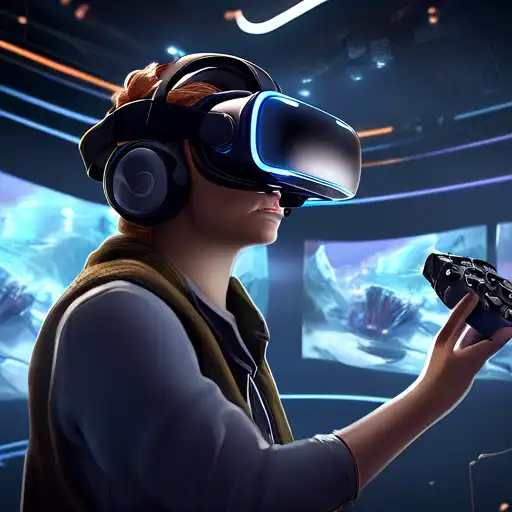Understanding the Complexities of VR Content Development
Virtual Reality (VR) has emerged as a groundbreaking technology, offering immersive experiences that were once the stuff of science fiction. However, the path to creating compelling VR content is fraught with challenges that developers must navigate. From technical constraints to creative dilemmas, the process is anything but straightforward.
Technical Limitations and Hardware Diversity
One of the primary hurdles in VR content development is the vast array of hardware available. Each VR headset comes with its own set of specifications, capabilities, and limitations. Developers must ensure their content is compatible across devices, which often requires significant adjustments and optimizations.
High Development Costs
Creating VR content is not cheap. The need for specialized software, hardware, and skilled personnel can drive up costs significantly. Small studios and independent creators, in particular, may find it challenging to compete with larger companies that have more resources at their disposal.
User Experience and Motion Sickness
Another critical challenge is designing experiences that are comfortable for users. Motion sickness is a common issue in VR, stemming from discrepancies between visual motion and physical movement. Developers must carefully design interactions and movements to minimize discomfort, which can limit creative possibilities.
Content Length and Engagement
VR experiences are often shorter than traditional media, partly due to the intensity of the experience and the current limitations of hardware. Keeping users engaged without overwhelming them is a delicate balance that content creators must strike.
Overcoming the Challenges
Despite these obstacles, the VR industry continues to grow, driven by passionate developers and an eager audience. Innovations in technology and creative storytelling are gradually overcoming these hurdles, paving the way for more immersive and accessible VR content.
For those interested in exploring more about VR and its potential, check out our guide on VR technology and how it's shaping the future of entertainment and education.
Looking Ahead
The future of VR content development is bright, with advancements in hardware and software reducing many of the current limitations. As the technology becomes more mainstream, we can expect to see a surge in creative and engaging VR experiences that push the boundaries of what's possible.
For more insights into the latest trends in digital media, don't miss our article on emerging digital media trends.
